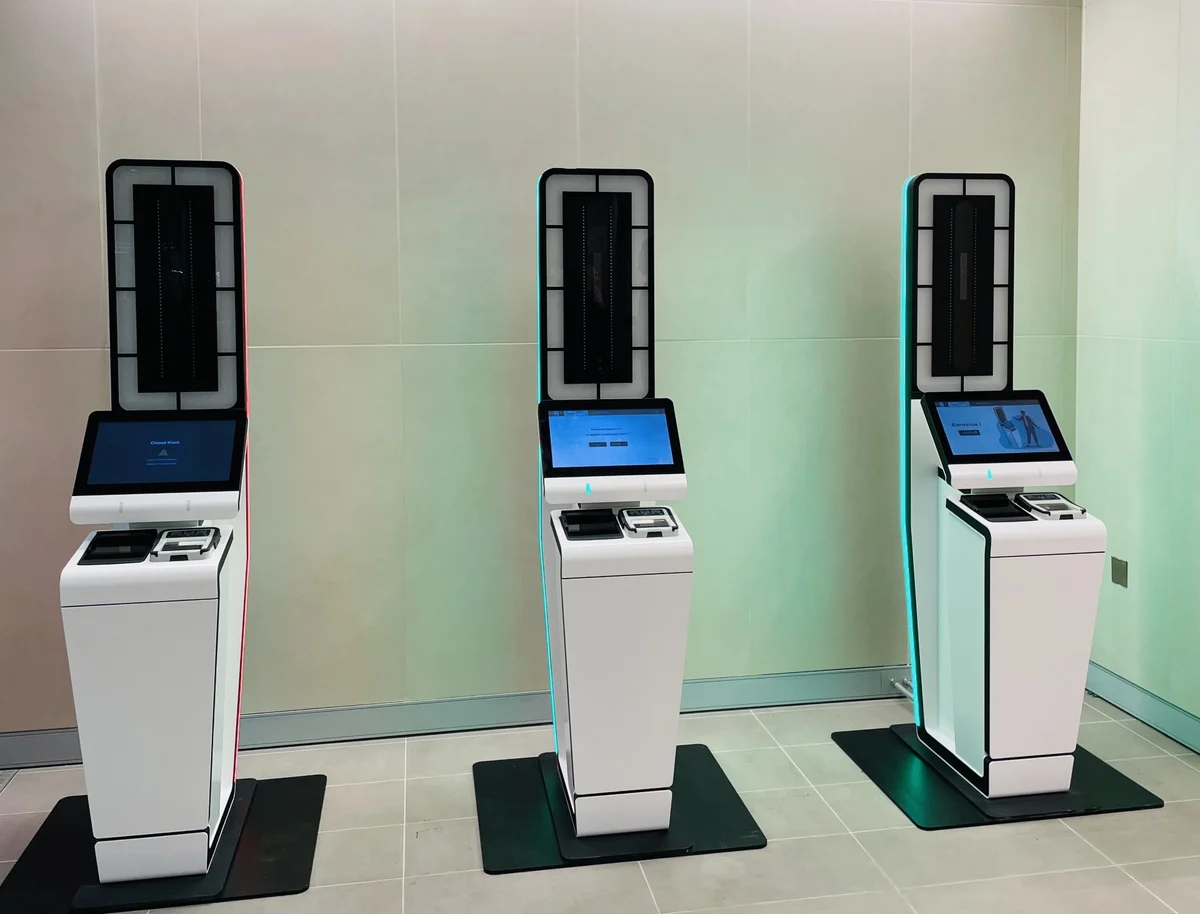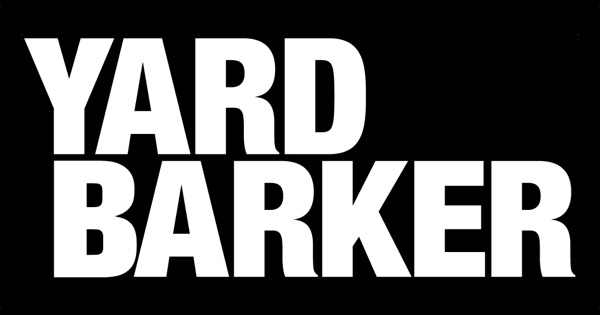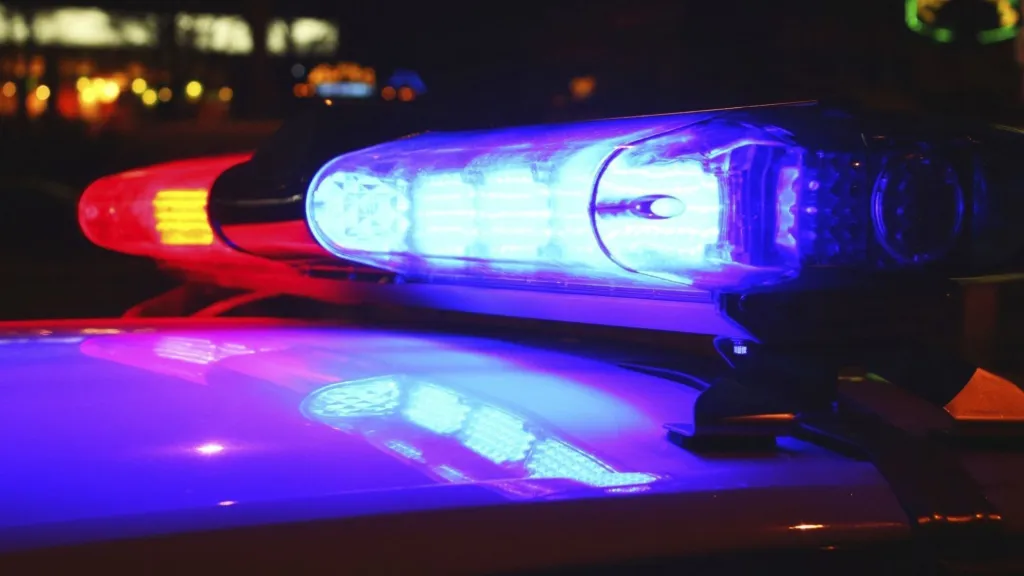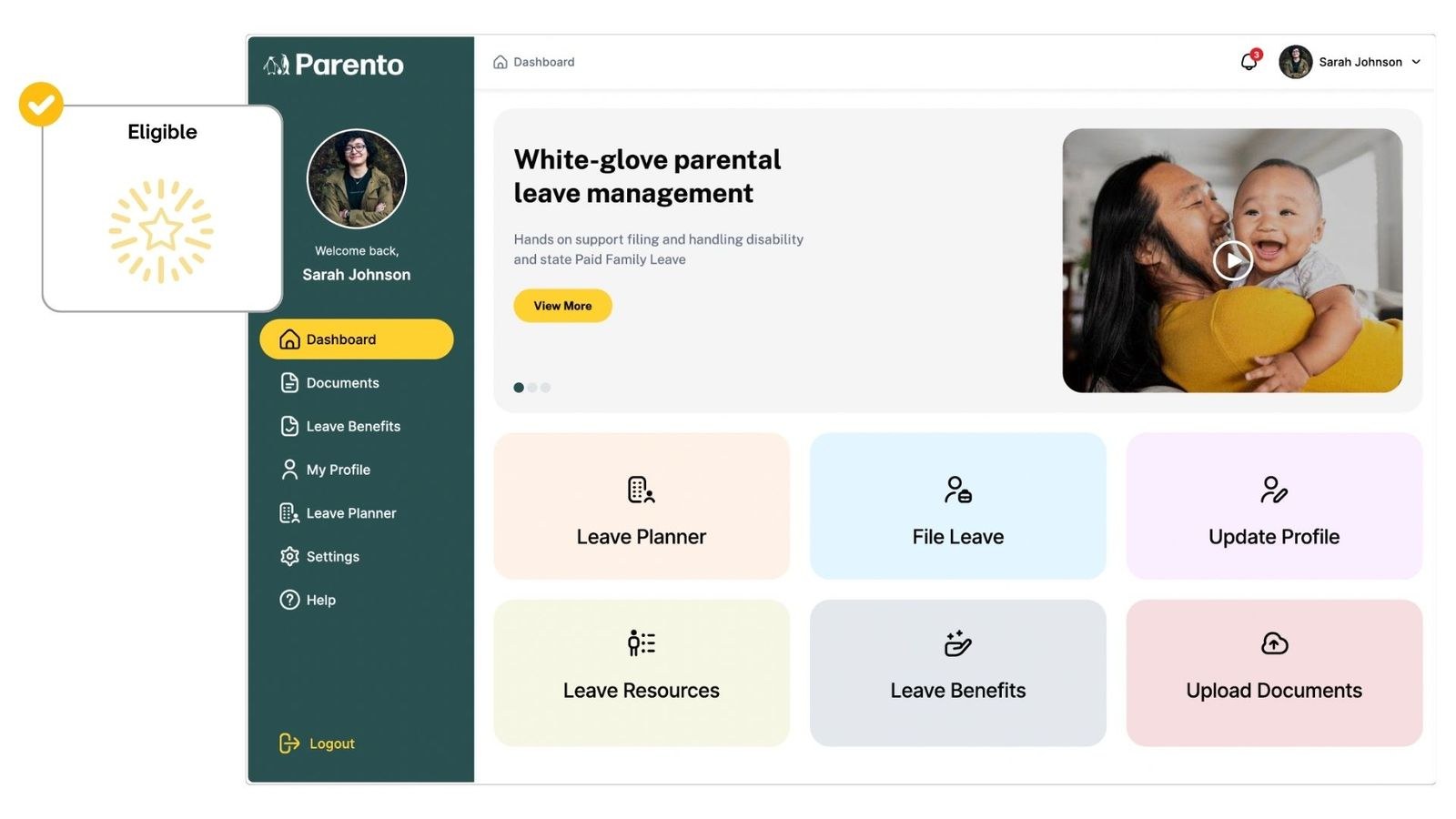Eurostar passengers face four key questions under new EU border checks on Brits at St Pancras
By Ross Lydall
Copyright standard

British passengers travelling to the Continent on Eurostar trains will have to answer a series of key questions about their trip under the EU’s new border controls.
These include whether they have booked an overnight stay, a return ticket, have medical or travel insurance – and enough money to cover the cost of their trip abroad.
Passengers answering “no” to any of the questions will not be able to use the e-ticket gates and will have to speak to a French border control officer, potentially delaying their journey.
But it appears that travellers will be able to circumvent the restrictions by answering “yes” to each question, even if that is untrue – though they may be forced to explain their answers to a border guard if they are stopped.
The new rules – under the EU’s EES (entry exit system) will come into force on Sunday October 12.
This is likely to add about 10 minutes to the Eurostar check-in process, meaning most passengers should arrive at St Pancras 75 minutes before their train is due to depart.
Eurostar says only its business and premium class passengers will be asked to take part for the first three months.
Standard class passengers will be required to use the EES system from January 12.
The system should be fully operational by April 12 – but the launch period could be extended for an additional 90 days if there are teething problems.
This means it should still come fully into effect before the school summer holidays start towards the end of July.
The EES system requires passengers to provide biometric details such as a face scan and fingerprints. This is being done in a bid to improve cross-border security.
Simon Lejeune, head of safety and stations for Eurostar, said: “We are ready for the launch of EES.
“It’s going to be a phased approach, with a modest launch on October 12 followed by a bigger launch on January 12. It will be in full flow by April next year.”
A total of 49 kiosks, at which UK passport holders undergo the face, fingerprint and passport scans, have been built at St Pancras.
There are 35 in two areas on the ground floor of the station – one within the Eurostar area and another opposite the entrance to the Thameslink station – plus a third “overflow” area, with 14 kiosks, on the first floor.
Passengers will be told 30 days in advance which kiosk area to use, with information provided via the Eurostar app and with their train ticket.
The four questions are required under the “Schengen area” rules being imposed by the French border authorities.
• Do you have somewhere to stay?
•Do you have a return ticket?
•Do you have sufficient funds to support yourself during your stay (credit card, cash)?
•Do you have medical insurance?
However, after a media demonstration of the new system on Wednesday, Eurostar said the final question had been wrongly translated and would be amended to ask about travel insurance, not medical insurance.
UK citizens are able to benefit from free emergency medical care within the EU under a reciprocal deal that provides NHS care for foreign travellers.
Eurostar and London St Pancras High Speed, which owns St Pancras station and the HS1 train line to the Channel Tunnel, have spent about £10m adapting the busy station ahead of the introduction of the EES system.
Only citizens of countries outside the EU, such as the UK post-Brexit, will need to comply with EES.
EU travellers, and those from affiliate countries such as Switzerland and Norway, will not be affected.
Richard Thorp, chief operating officer at London St Pancras High Speed, said extra officials would be on hand to help passengers struggling to enter their data at the kiosks.
The hope is that the questions “do not spook” passengers and leave them fearful of falling foul of border rules.
The details held by Eurostar will not be cross-referenced against the answers provided by passengers at a kiosk.
Passengers travelling via Le Shuttle at Folkestone will not be asked the same questions. This is thought to be because Folkestone has no e-gates, and all travellers still have their documents checked face-to-face by a border official.
Eurostar will also have 17 kiosks at Gare du Nord station in Paris but none in Amsterdam, Brussels or Lille. In these stations, UK citizens will undergo the procedure at the same time as other border checks.
Under the introductory system, “fire breaks” are permitted at any time, such as to ease overcrowding caused by other delays in the system.
“In the worst circumstances, we can take it off altogether,” Mr Lejeune said.



